UK rivers choked by a ‘chemical cocktail’ of sewage and waste, MPs find
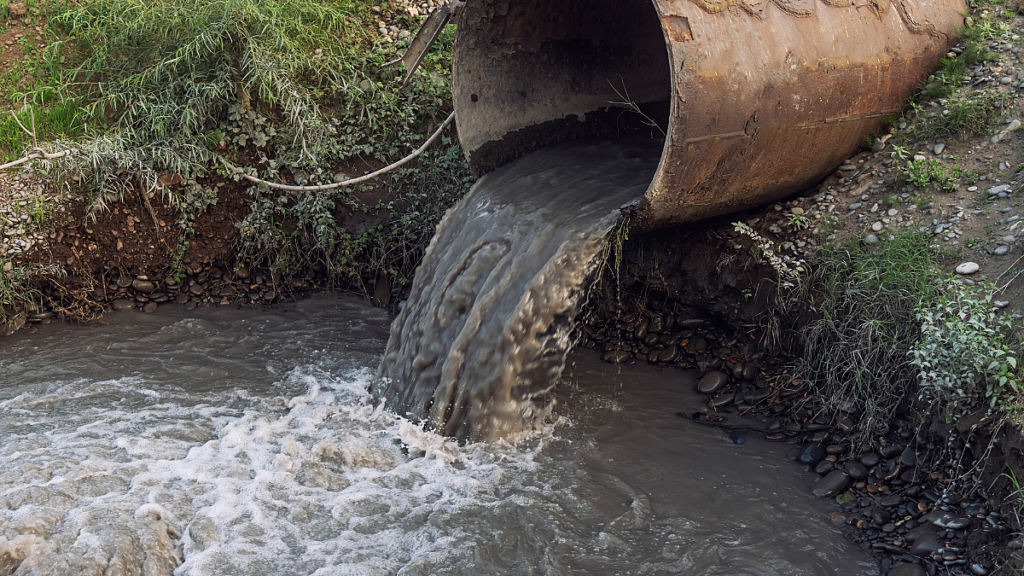
The House of Commons Environmental Audit Committee report into the water quality of rivers has found that ‘rivers in England are a mess’ and a ‘chemical cocktail’ of sewage, agricultural waste, and plastic is polluting the waters of many of the country’s rivers.
In the report released on 12 January 2022, the Environmental Audit Committee says ‘water companies appear to be dumping untreated or partially treated sewage in rivers on a regular basis, often breaching the terms of permits that on paper only allow them to do this in exceptional circumstances’.
In December 2021, MIN found one report had measured a shocking 87 per cent increase in sewage discharge into UK waters.
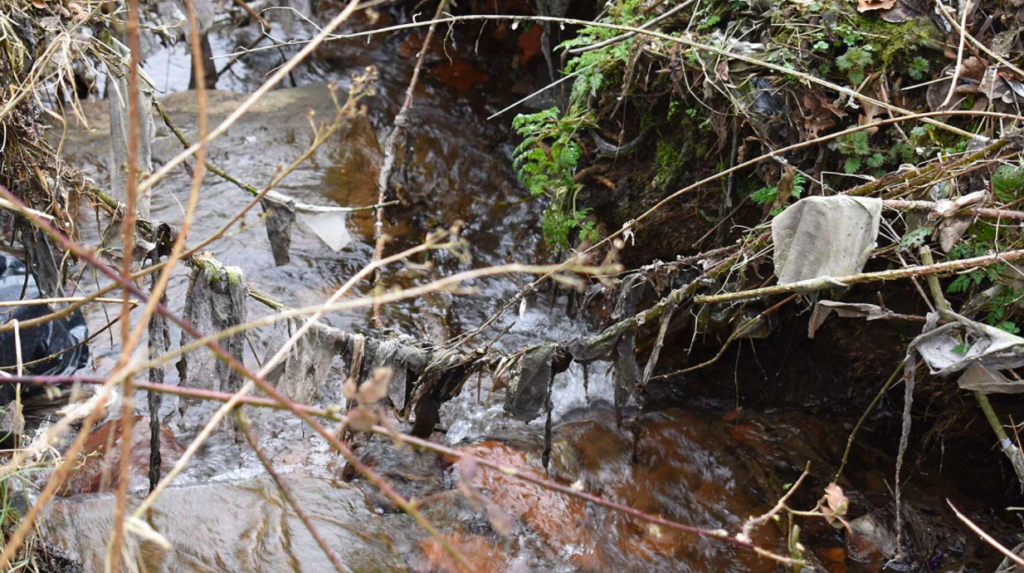
The House of Commons Environmental Audit Committee inquiry also identifies farm slurry and fertiliser runoff as products ‘choking’ rivers with damaging algal blooms. Single-use plastic sanitary products – often coated with chemicals that can harm aquatic life – are also clogging up drains and sewage works and creating ‘wet wipe reefs’ in rivers.
Following months of expert testimony, the group of MPs on the committee concluded no river in England can be given a clean bill of health.
The report states that successive governments, water companies and regulators have grown complacent and seem resigned to maintaining pre-Victorian practices of dumping sewage in rivers, while the water regulator Ofwat has ‘hitherto focused on security of water supply and on keeping bills down with insufficient emphasis on facilitating the investment necessary to ensure that the sewerage system in England is fit for the 21st century’.
In response to the government report, The River Trust says: ‘This report lifts the lid on the causes of chronic river pollution from outdated, underfunded monitoring systems and widespread agricultural runoff issues, to unchecked sewage pollution and a lack of political will to empower the Environment Agency to affect real positive change for our rivers.’
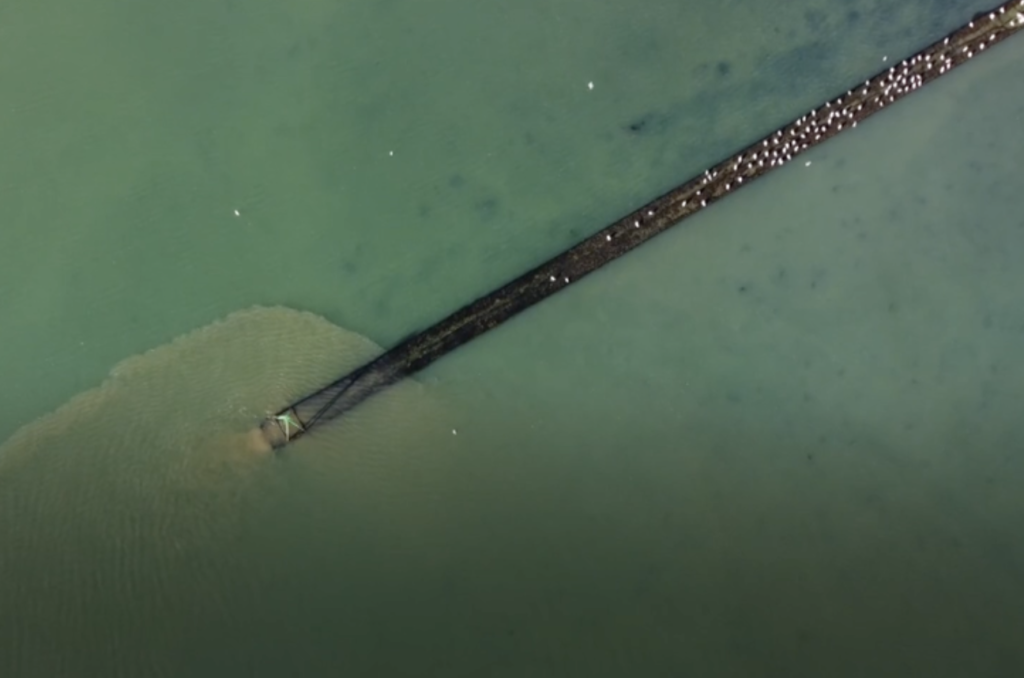
In one example of a growing catalogue of environmentally harmful waste discharging incidents into English waters, footage emerged in October 2021 of untreated sewage spewing into Langstone Harbour in Hampshire for 49 hours.
The Environmental Audit Committee has called for a ‘step change’ in regulatory action, water company investment, and cross-catchment collaboration with farmers and drainage authorities. The report also urges Ofwat to examine the powers it may have to limit the payment of bonuses to water company executives while companies persistently breach their permits.
‘Cleaning up our rivers is important for public health and vital to protect wildlife. The build-up of excess nutrients like phosphorus and nitrogen from animal waste and sewage is reducing oxygen levels in rivers and in severe cases can cause fish kills. Along with the stresses of plastic and synthetic chemical pollution and climate change this is creating multiple pressures undermining the health and resilience of these key ecosystems,’ the report says.


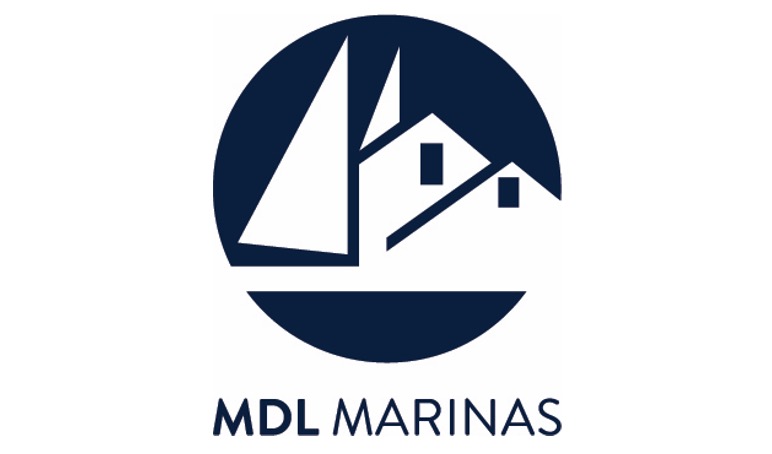
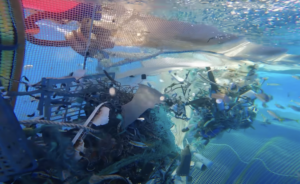

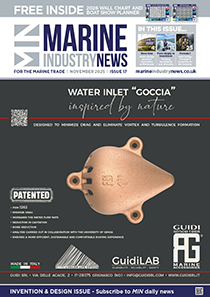







As a child in the 1950s, my friends and I would spend all day in the countryside, our drinking water was from natural streams where we also played and wondered at the abundance of nature which we took for granted. Gone forever?
Langstone harbour, Hampshire:
I took some friends to lunch recently at the fine Ship Inn, followed by a favourite walk, east towards Emsworth.
I was literally horrified by the stench that assaulted our nostrils just by the duck pond and beyond.
I’ve read articles about sewage dumping, but always with a certain amount of skepticism. Skeptical no more; the smell was SO awful, and I’ve never experienced anything like it in the 20 years I’ve lived here. It’s truly a disgrace.